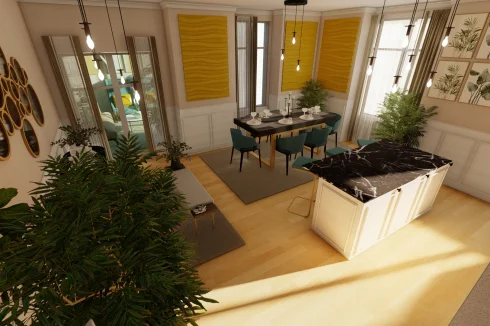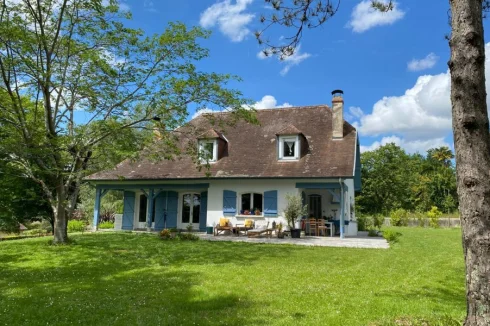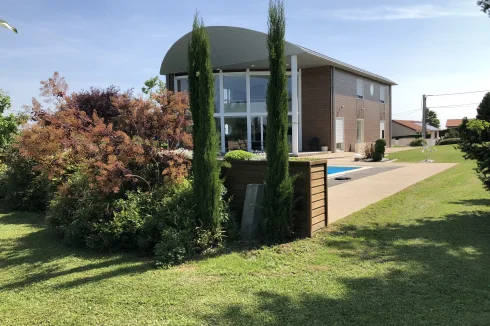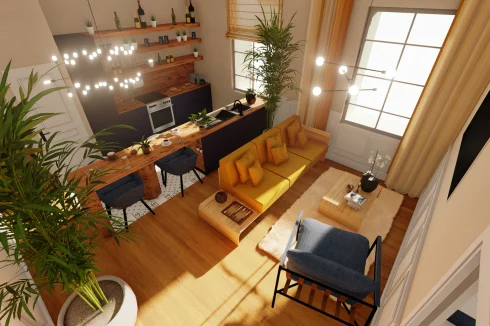Divorce in France and the Division of Property
Tuesday 02 June 2015
Divorce in France requires that a division of the assets takes place and without agreement between the couple a 'partage judiciaire' is necessary.
Sadly, separation and later divorce amongst expatriate couples is not uncommon.
Ironically, one of the factors that frequently leads a couple to divorce is the differences in their desire to relocate to France in the first place, or a later change in the level of that interest by one of the spouses.
Jurisdiction
If the couple remain in France then French courts can deal with the divorce, although it is possible for one of the parties to instruct a foreign court if they relocate back to their country of origin to live there permanently.
That certainly makes the process more complicated, due to the property that remains in France and the enforceability of a foreign court order, although it can sometimes be more advantageous for the weaker party to the marriage in a contested divorce.
Under European regulations the spouse who is the first to issue divorce proceedings will normally be granted the right to use the process and law of the country in which the proceedings were commenced.
Couples who have entered into a civil partnership can only dissolve the partnership in the country in which they entered the partnership.
In order to proceed with the divorce in France it will be necessary to instruct an avocat, either one each, or one mutually agreed.
Uncontested Divorce
Where the couple are in agreement about the division of assets then the process is not a problem, for the spilt can simply be applied by the judge at the time the divorce is decreed.
In order for this to happen the couple will need to provide the court with a detailed statement of assets, on which the court can then rule.
The actual transfer of real estate will be carried out by a notaire. Fees and stamp duty up to 5% are payable.
If one of the parties wishes to actually buy-out the other, the costs are two or three percentage points higher, as this constitutes a sale subject to the standard rate of fees and stamp duty, not a division of assets (partage).
One way of eliminating these costs is to mutually agree to the sale of the French property and division of the proceeds outside of the divorce procedure. In an agreed sale to a third party it is the purchaser who pays these fees and taxes.
Even where this is agreed it is not infrequently the case that the parties cannot agree on the sale price, which may then require the intervention of the courts, a procedure that is not recommended as the court could ultimately enforce the sale of a property by auction, a process that is unlikely to suit either party.
Where some of the assets are held to be owned separately, then proof will need to be given that this is the case, or a court will normally deem all assets to be held jointly.
Contested Divorce
In the case of a contested divorce (that is to say, where the couple accept the principal of a divorce, but are not in agreement about the division of assets or other matters), the couple have the opportunity to deal with the issue during the divorce hearings.
Where this happens a judge in the tribunal de grande instance(Juge aux affaires familiales - JAF) will appoint a notaire to undertake an examination of the assets with a view to division.
If there is no agreement the divorce is pronounced and the division of assets takes place at a later date,
It is possible for one of the parties to seek and be granted attribution préférentielle to some of the assets, eg the marital home. This may well necessitate compensation to the other party, either by way of a single lump sum payment or by instalments.
The JAF can order the division of assets but does not itself proceed to undertake the division. Either the assets of the couple remain divided between them or they approach a notaire (or appoint one each) to undertake an examination and division of the assets.
If the notaire is unable to bring about an agreement then they will prepare a report for the court on the points of agreement and disagreement.
Each party will need to appoint an avocat with a view to then going to court for a partage judiciaire.
Once again, during the court process the judge will seek to conciliate between the couple, but in the event of continued disagreement the final decision may simply come down to the judge to make a decision.
However, although a court may order a division of the assets, it is actually down to the parties themselves to implement the decision, something that does not always occur! A couple can own a property jointly even though they may have divorced.
Once again, notaire fees and taxes are payable on the division of the assets, although it is possible for the couple to agree the division on non-real estate assets between them without the full settlement having to be processed by the notaire.
In short, whether foreign or French court, it makes sense for a divorcing couple to come to a mutual understanding about their joint assets.
Tax Consequences
Where the couple decide to sell the property in France, provided it has been their main home no French capital gains tax is payable, although certain conditions will be necessary for this to occur.
Next Article: Living Standards in France
Thank you for showing an interest in our News section.
Our News section is no longer being published although our catalogue of articles remains in place.
If you found our News useful, please have a look at France Insider, our subscription based News service with in-depth analysis, or our authoritative Guides to France.
If you require advice and assistance with the purchase of French property and moving to France, then take a look at the France Insider Property Clinic.





